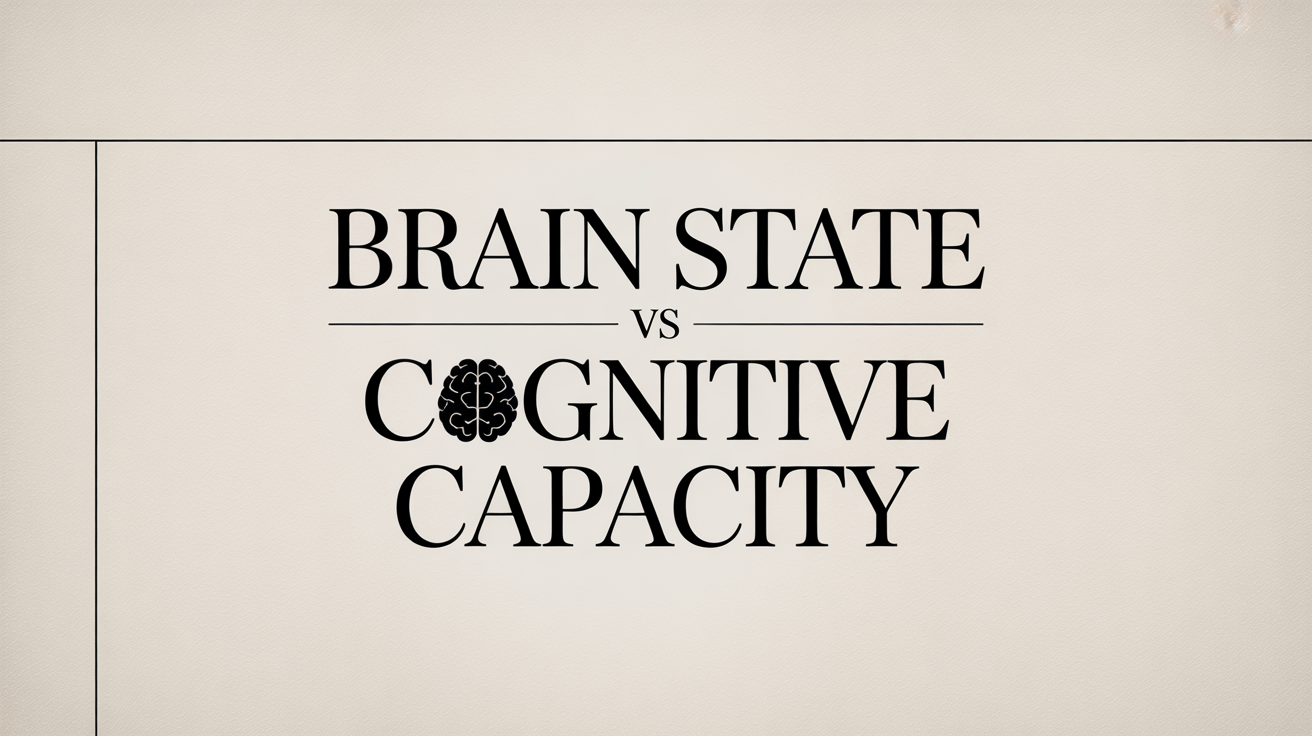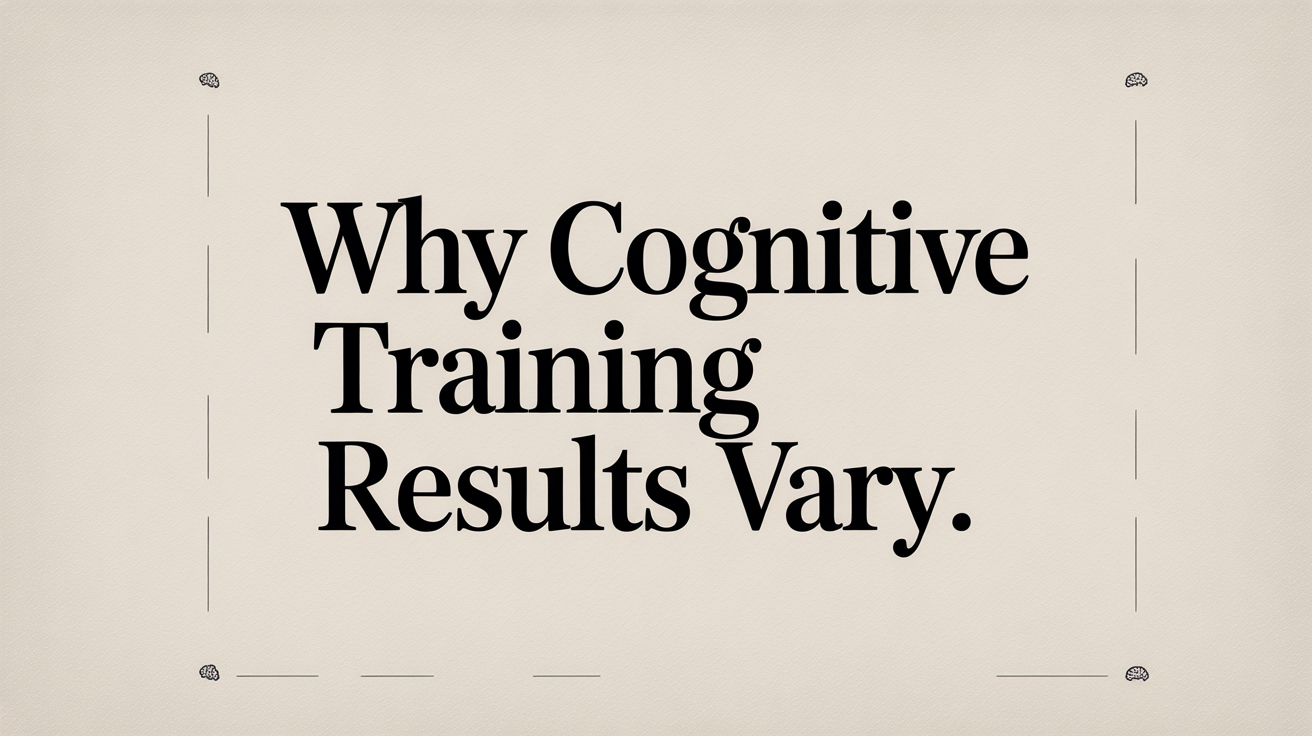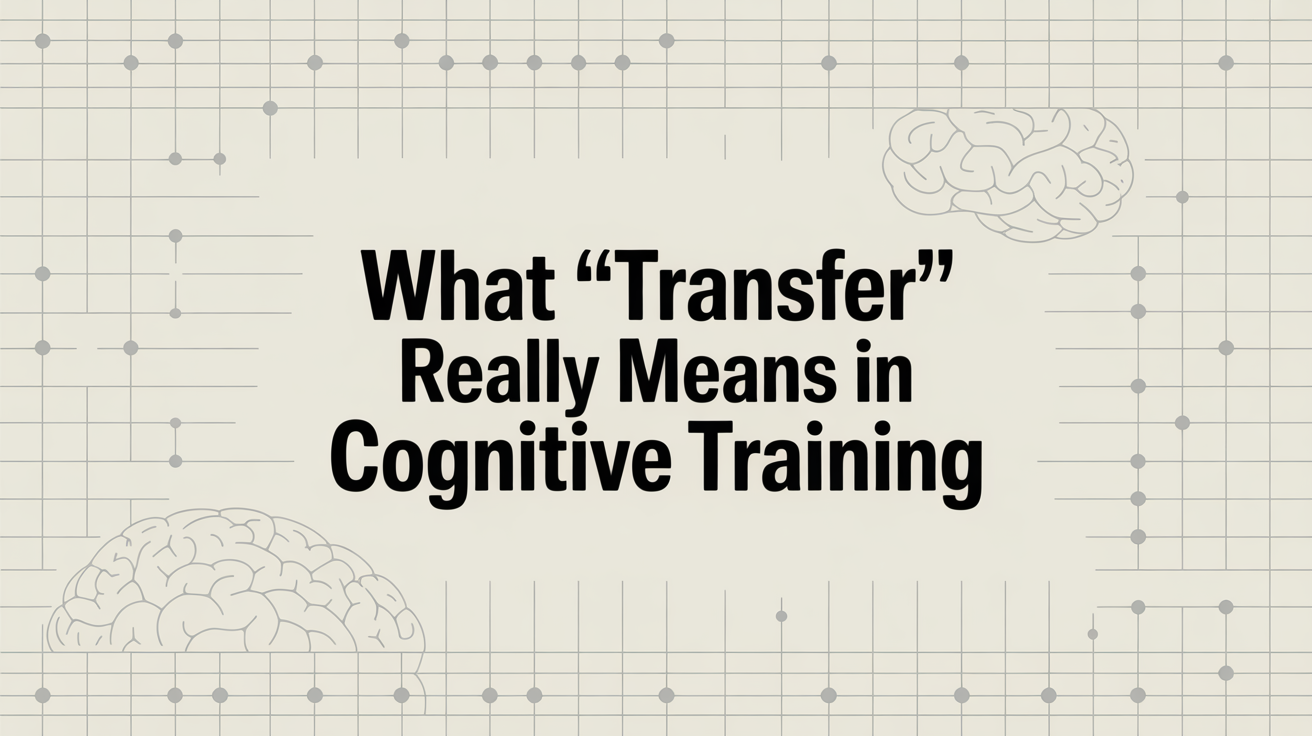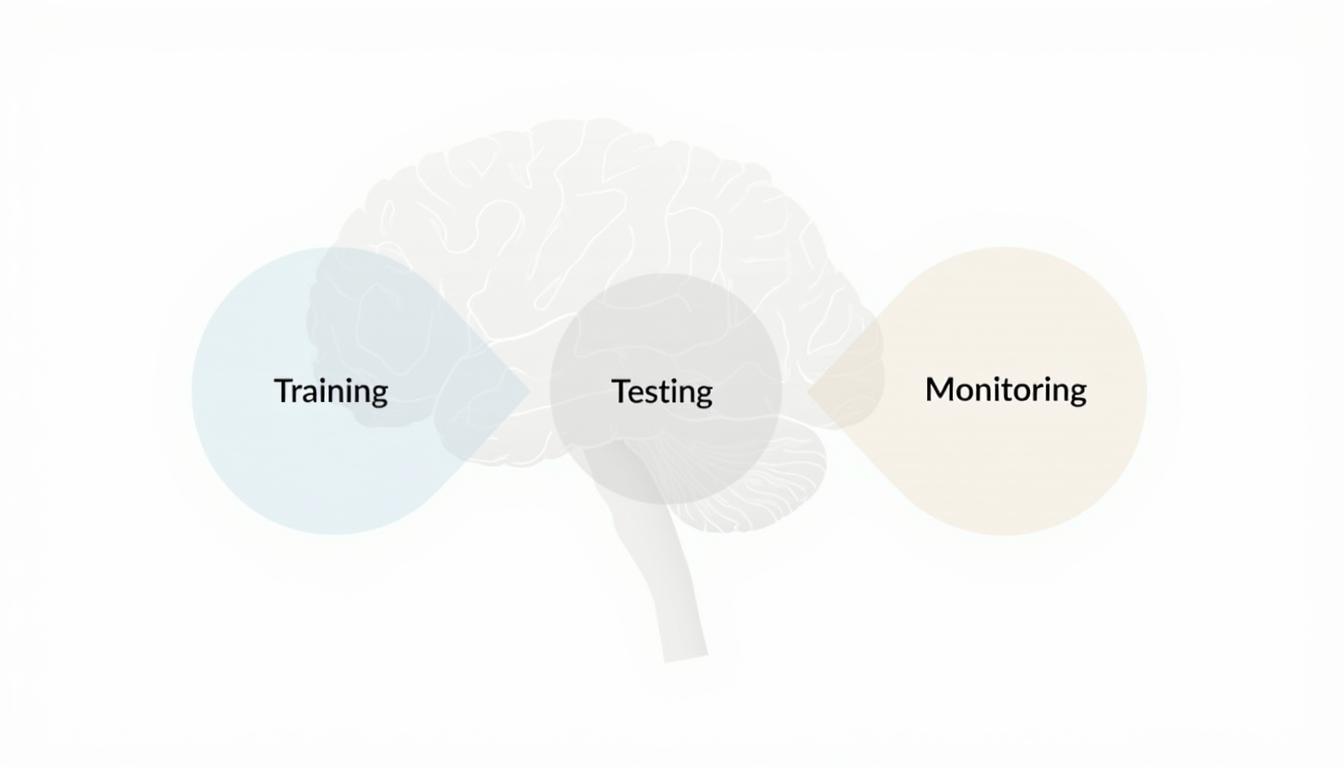Welcome to the Research and Strategy Services at in today's fast-paced.


Seasons can vary dramatically depending on where you live. In some parts of the world, the shift between summer and winter might mean mild temperature changes and shorter days. In others, it can be a drastic transition from bright, hot days to months of freezing cold and darkness. These shifts don’t just affect our wardrobe choices or daily routines—they also have a significant impact on our brains. Whether it’s the longer nights of winter or the intense heat of summer, seasonal changes can alter mood, cognitive function, and even sleep patterns.
Here we'll explore how the brain responds to the changing seasons, why some people are more affected than others, and ways to support mental and cognitive health year-round.

One of the most noticeable effects of seasonal change on the brain comes from varying light exposure. Sunlight plays a critical role in regulating mood and energy levels.
Seasonal Affective Disorder (SAD): For many people, shorter days in fall and winter can bring on seasonal affective disorder, a form of depression linked to reduced sunlight. The brain produces less serotonin (a mood-regulating chemical) in response to less light, contributing to feelings of sadness, lethargy, and lack of motivation.
Melatonin and Sleep Patterns: Longer nights in winter can cause the body to produce more melatonin, a hormone that makes you feel sleepy. This shift can lead to increased drowsiness or disrupted sleep patterns, leaving many people feeling groggy or fatigued.

The brain’s ability to focus, process information, and stay alert is closely tied to the circadian rhythm—a natural 24-hour cycle driven by light and dark signals.
Circadian Rhythms and Cognition: When the seasons shift, so do the daylight hours, and this affects the brain's internal clock. During the shorter days of winter, many people experience slower cognitive processing or decreased alertness. Conversely, the longer daylight hours of spring and summer can boost alertness and energy.
Vitamin D and Brain Health: Sunlight is essential for vitamin D production, which supports cognitive function and mood. In winter months, when sunlight exposure is limited, lower vitamin D levels can impair memory, concentration, and mood stability.
The brain responds to environmental changes by altering its hormonal output, especially during periods of significant seasonal transition.
Cortisol and Stress Response: Cortisol is a hormone released in response to stress, and its levels can fluctuate with the seasons. Some research suggests that cortisol levels may be higher in winter, possibly due to the combined effect of shorter days, colder weather, and the natural tendency to spend more time indoors. Elevated cortisol can increase stress and negatively impact learning and memory.

Winter months are often associated with colds, flu, and other illnesses, but there’s also a cognitive component to the immune response.
Inflammation and Cognitive Function: When the body’s immune system is fighting off infections, the brain may suffer. The inflammation triggered by sickness can lead to what many refer to as “brain fog,” characterized by difficulty concentrating, slow thinking, and general mental fatigue. These effects can become more pronounced during cold seasons, when the immune system is more active in response to seasonal illness.

Seasonal changes can also influence the brain through changes in physical activity levels, which directly affect mental well-being.
Exercise and Brain Function: People tend to exercise less in colder months, especially in regions with harsh winters. Since exercise has proven benefits for brain health, including improved mood, cognitive function, and stress reduction, reduced physical activity can leave the brain feeling sluggish. On the flip side, people tend to be more active in the summer, which can boost mental sharpness and mood.
Both hot and cold temperatures affect the brain, though in different ways.
Extreme Heat and Mental Fatigue: High temperatures, especially in summer, can lead to dehydration and physical exhaustion, both of which impair cognitive performance. People may find it harder to concentrate, think clearly, or make decisions in extreme heat.
Cold and Mental Clarity: On the other hand, cold weather is often associated with increased alertness. Some studies suggest that cooler temperatures can enhance focus and mental sharpness, though this effect may depend on how well a person adapts to the cold.
While we can’t control the seasons, we can adapt our habits to support brain health year-round. Here are some tips to keep your mind sharp and balanced:
Get outside when you can. Natural light is crucial for maintaining mood and cognitive function, so try to get some sunlight each day, even in winter.
Maintain a regular sleep schedule. Keeping consistent bedtimes can help regulate your circadian rhythms, especially when daylight hours change.
Stay active. Find ways to stay physically active, even during colder months, to keep your brain in top shape.
Consider vitamin D supplements. If you live in a region with long winters, ask your doctor about taking vitamin D supplements to support brain health.
The brain is remarkably adaptable, but seasonal changes can still take a toll. By understanding how the change of seasons affects the brain, we can make better choices to protect our mental and cognitive health throughout the year.








Welcome to the Research and Strategy Services at in today's fast-paced.

An overview of the important interpretational difference between temporary changes in brain state, and durably lasting changes in cognitive capacities.

An interpretive overview explaining why cognitive training outcomes vary across individuals, how factors such as baseline ability, state, and measurement influence results, and why variability should be expected.

An interpretive overview explaining what “transfer” means in cognitive training, why improvements often remain task-specific, and how transfer should be understood as conditional rather than assumed.
.png)